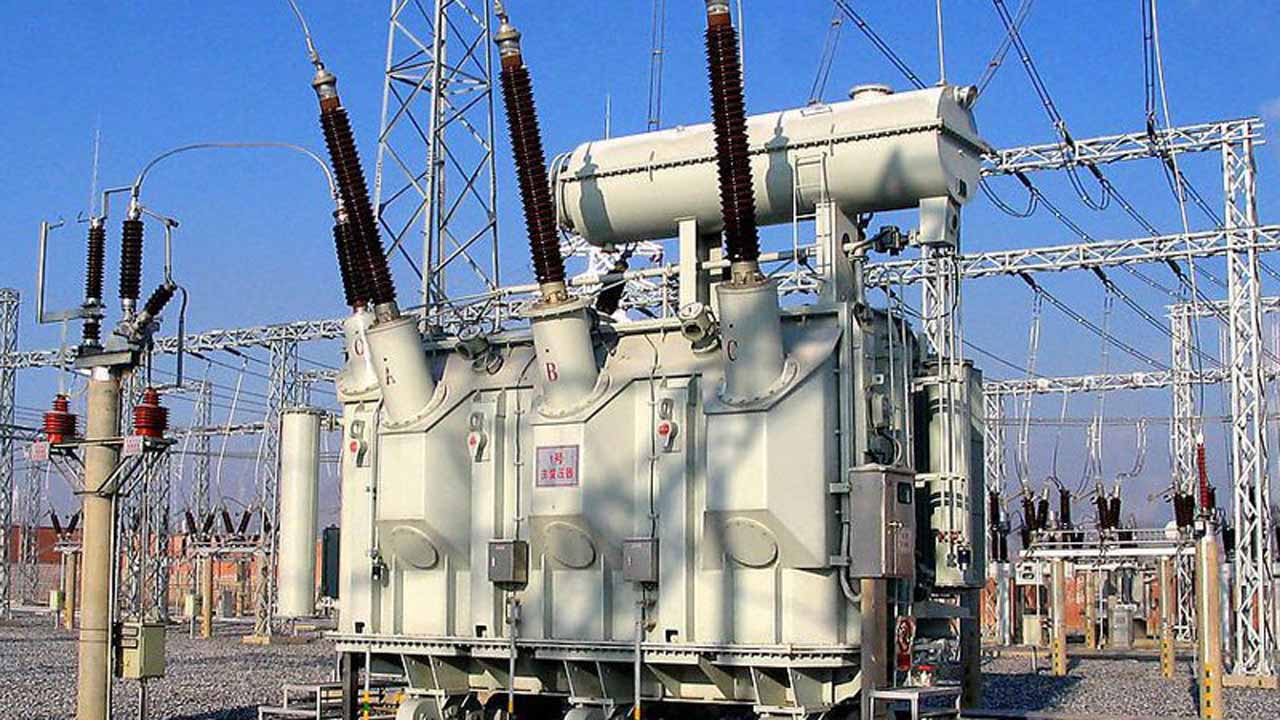Five months into the appointment of the minster of power, Sale Mamman, the sector continues in a state of flux with only 3,623.8MW of recorded generation on Tuesday, despite over N1.3 trillion intervention fund in the sector by the Federal Government.
This situation informed the public outrage over plans by the regulator, the Nigerian Electricity Regulatory Commission (NERC), to raise electricity tariffs with labour leaders and other interest groups kicking against the plan.
NERC in a statement clarified that the tariff increase is not immediate and justified an increase on grounds that all the variables that fed into electricity pricing, including foreign exchange rate, gas prices, inflation and generation capacity, have changed.
“Raising tariff without solving the fundamental problems including generation and transmission will still not solve the problem,” said Desmond Ogba, energy lawyer and partner at Templars Law firm.
Ogba said a holistic approach is required to fix the issues in the sector ranging from transmission, generation and the electricity market where liquidity will still be a problem even after these tariffs are raised because, as NERC admitted, it will still not be cost-reflective.
Nigeria’s national grid collapsed about a dozen times last year in the clearest demonstration of the magnitude of technical problems in the sector. Meanwhile, even as generation capacity is over 12,000MW, Nigeria’s power plants on average generate only about 4,000MW.
The Ministry of Power in June last year issued policy directives and timelines to fix critical issues in the sector involving generation, transmission and distribution.
It directed NERC to abide by the requirements for periodic major and minor reviews and processing of valid claims for deficits in tariff as provided for in the rules.
The Federal Government-owned Transmission Company of Nigeria (TCN) was directed to progress implementation of grid expansion plans, enforce full payment of the Market Operator’s invoice in accordance with market rules, and support transmission requirements of bilateral contracts with other investors to allow for more commercial use of transmission assets.
To better handle technical issues in electricity transmission, the FG directed that TCN should “spin off an independent system operator after satisfying the conditions precedents outlined in the ruling documents and effective separation of its operations, assets and liabilities from those of the Transmission Services Provider licensee”.
The independent operator will manage administrative functions while technical people grapple with the finer details of transmission.
The Bureau for Public Enterprises (BPE) was directed to appoint representatives on the board of DisCos, perfect shareholder loan and options for loan recovery for the Federal Government’s investment in DisCos. BPE was also directed to effectively monitor operators’ obligations under their Performance Agreements.
The Nigerian Bulk Electricity Trading Company (NBET) was equally directed to design, and present for policy direction and NERC regulatory action, measures to refinance the accumulated debts DisCos owe it and the debt NBET owes generation companies (GenCos) and the Federal Government.
NBET was further directed to work with NERC to establish a deadline to transit vesting contracts of DisCos to bilateral contracts with defined quantities and delivery points with specific GenCos and enforce DisCos’ contract securities based on agreed thresholds of reducing technical and collection losses and tariff deficits.
But not much has been achieved on these fronts, and analysts call for more positive focus on achieving all of these directives going forward.
“Reviewing tariff is an important step and the minister should build on this,” said Chuks Nwani, a Lagos-based energy lawyer.
However, the minister’s firing and hiring policies have so far dominated news reports and the recent moves by NERC to raise tariffs have had media focus at the expense of critical reforms waiting to happen.
President Muhammadu Buhari on Tuesday reversed the suspension of Damilola Ogunbiyi, former managing director of the Rural Electrification Agency, who was suspended three weeks ago by the minister of power.
Ogunbiyi had already tendered her resignation since October before she was suspended in December which was within the three months’ notice period she gave to the ministry. This suspension was widely condemned by industry stakeholders.
Ogunbiyi’s resignation followed her appointment as special representative of the Secretary-General for Sustainable Energy for All.
United Nations Secretary-General António Guterres on October 29 announced Ogunbiyi’s appointment as his Special Representative for Sustainable Energy for All and Co-Chair of United Nations-Energy. The Secretary-General also welcomed the announcement by the Administrative Board of Sustainable Energy for All (SEforALL) that Ogunbiyi has been appointed CEO of SEforALL.
In 2018, DisCos reported accumulated losses of N713.63 billion since the 2013 privatisation exercise while payables to both NBET and the Central Bank of Nigeria (CBN) would now be approximately over N2 trillion.
“There needs to be more synergy between the various government power agencies, Discos, Gencos, NERC, TCN and the presidency,” said an expert in the sector.
In July last year, the Federal Government reached an agreement with Siemens to ramp Nigeria’s power generation, transmission and distribution capacity, but while this is being coordinated in the presidency, industry stakeholders fear other government agencies and even operators are not being carried along.
Source: Business Day

Leave a comment



